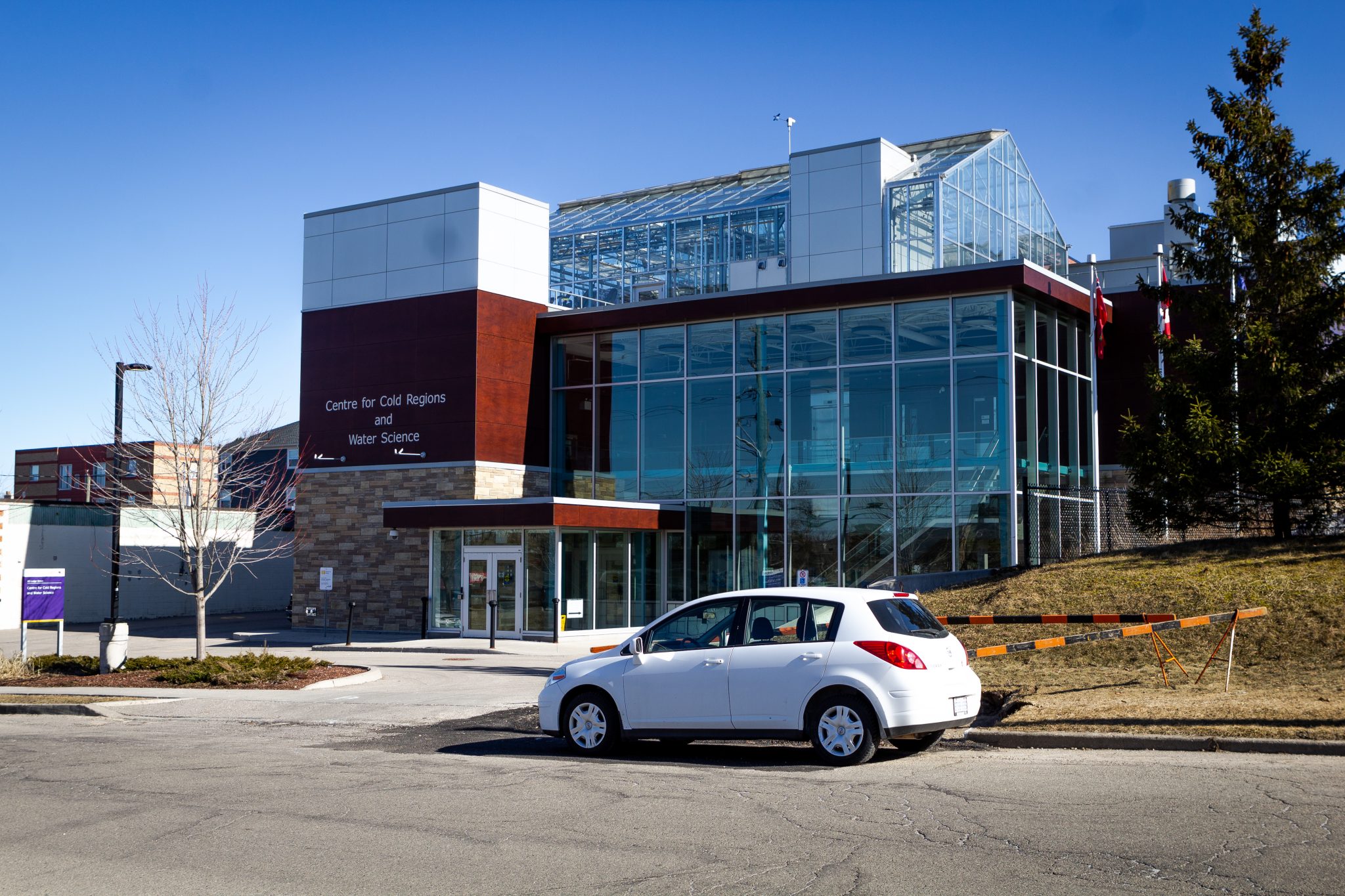World Water Day educates students on preserving water, conserving water and those who don’t have clean water


Between Mar. 21 to Mar. 22, Wilfrid Laurier University celebrated the internationally-recognized “World Water Day” with a series of on-campus events, plenary talks and panel discussions aimed at targeting various water-related issues in our community.
Each year, United Nations Water (UN-Water), an organization dedicated to the coordination of dealing with international water issues, presents a theme that highlights specific aspects of freshwater they would like to focalize that year.
This year’s theme was “leaving no one behind,” in reference to water rights — especially those concerning Indigenous water quality and water use rights.
Since 2010, the Laurier Institute for Water Science (LIWS) has hosted events at Laurier in collaboration with the University of Waterloo’s Water Institute, students of the Water Institute-Graduate Section (SWIGS) and Centre for Cold Regions and Water Interdisciplinary Network of Students (CCRWINS).
With Laurier’s research interests located regionally, as well as in the Northwest Territories, the event began with a plenary talk, “David Livingston: It’s all about Water. Water stewardship in the NWT,” on Thursday evening, which addressed water issues in the north.
The event on World Water Day (Mar. 22) included two sessions. The first was a panel talk related to Waterloo Region water use, hosted by Robert Case from the University of Waterloo and Eric Hodgins, manager of hydrogeology and source water for the Region of Waterloo.
The LIWS will continue to host seminars periodically throughout the year, where speakers will be brought in to educate students and discuss water-related issues, with a focus on research.
The second panel discussed Indigenous water issues, hosted by Makasa Looking Horse, a youth from Six Nations and Mary Anne Caibaiosai, an Anishinaabe elder. In between the panels was a poster presentation with research from approximately 17 Laurier students.
Jonathan Mark Wilson, an associate professor of Biology at Laurier, noted that they were “pleasantly surprised” by the event’s turnout.
“We had approximately 80 people registered, which was good — we also had the high school students from Grand River Collegiate Institute participating, which is a first, and something we hope to continue into the future,” Wilson said.
Unfortunately, this was the first year that the LIWS has organized the event without the University of Waterloo. Typically, they co-host a joint event; this year, each university held separate events.
“They wanted to use the event as a branding occasion with the Institute of Water, and that was up to them,” Wilson said.
“That was on the UW side, that’s not what we want[ed] to promote with the event.”
“[But] we were fine with that. The University of Waterloo, they held their World Water Day event and we held our own with a focus on the research done at Laurier — and then involving Laurier students. I think we did quite well,” he said
The goal of events like those held during World Water Day is to give up to date information and bring these issues to the attention of not only the student population but the community as well.
“In Canada, we’re blessed with an abundance of water. But still, with this abundance, we still have water issues: contaminated wells, there was a talk on road salt and changing the conductivity of the water and potentially those effects, water rights,” Wilson said.
“I think the way that the event ended was on this sort of high note, in that just being enlightened to the importance of water and how we can integrate it into our thinking and then that makes us more environmentally aware as well — and just being better all over.”
The LIWS will continue to host seminars periodically throughout the year, where speakers will be brought in to educate students and discuss water-related issues, with a focus on research.


